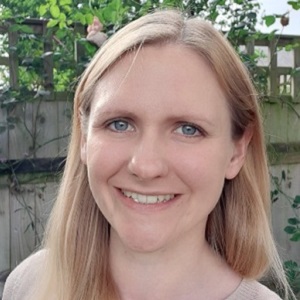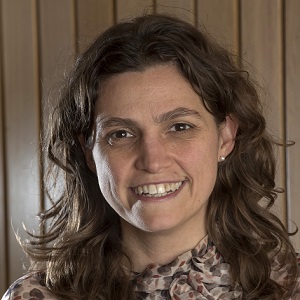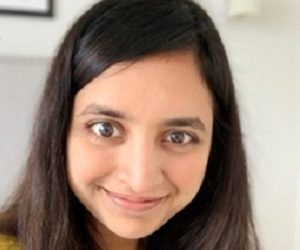Dr Cathy Manning is a Lecturer in Psychology at the University of Reading, where she conducts research into sensory processing and decision-making in autism and dyslexia. She completed her PhD at the Centre for Research in Autism and Education (CRAE) at the Institute of Education, London, supervised by Professors Liz Pellicano and Tony Charman. She then moved to Oxford where she held the Scott Family Junior Research Fellowship in Autism and Related Disorders at University College and then a Sir Henry Wellcome Postdoctoral Fellowship, including short visiting scholarships at Stanford University and University of Amsterdam. She has recently been awarded the British Psychological Society Developmental Section Neil O’Connor Award, the Experimental Psychology Society Prize and the Applied Vision Association David Marr Medal.
How did you became interested in learning disorders?
When I was at school I volunteered at residential camps for children, including those with learning disorders. I then chose to study psychology at University and did my final-year dissertation on autism, and this served as the basis for applying for my PhD on autism. I then became interested in researching dyslexia, as a way of seeing whether the things I was looking at in autistic children were specific to autism or not.
Can you give us an overview of your work?
Most of my research has looked at sensory processing in typically developing and autistic children, with a focus on visual perception. I have used a combination of psychophysical methods, computational modelling and EEG. Recently, I have started to apply the same methods to children with dyslexia, in order to provide cross-syndrome comparisons. The aim here is to find out whether differences in sensory processing are specific to each condition, or maybe instead, if the differences are shared across conditions, indicating a more general marker of a brain which is developing differently. With my colleagues, I have also been researching the sensory aspects of public spaces that are challenging for autistic people, and how these spaces can be made more enabling for autistic people. Finally, we have been asking the dyslexia community about what types of research are most important to them.
What are your most recent and exciting results?
One set of studies we completed recently used EEG and cognitive modelling to identify the stages of processing which are affected during visual tasks in autistic and dyslexic children. We found that there were both similarities and differences in how autistic and dyslexic children processed visual motion and made decisions about it. This suggests that the reasons why autistic and dyslexic children sometimes have difficulties in visual motion tasks differ for each condition.
What do you think are the main challenges in this research field?
One challenge is how we define developmental conditions. For example, definitions of dyslexia have varied over the years, and different research groups have slightly different working definitions, which affects who is included in different studies. Likewise in the autism field, there are debates about how autism should be defined, and discrepancies over whether self-identifying individuals are included in research or just those with a confirmed diagnosis. Another challenge is ensuring that the research that is conducted is well-placed to have an impact – and so it is important that we ask the respective communities about what research they would like to be conducted, and that we use this to guide our research plans.
What are the most pressing research priorities?
This itself has actually been the question I’ve been asking in one of my current research projects, with Prof Holly Joseph. In the autism field, there has been a big push to ensure that the research being conducted aligns with the priorities of the autism community. We feel that the same needs to happen for dyslexia research, to ensure that research can benefit the community it should serve. So, we first collated information about all the dyslexia research projects that have been conducted in the UK, and we categorised them according to the research topic. We found that, overwhelmingly, funded dyslexia research in the UK has focused on biology, brain and cognition, with very little research funding going to projects which look at services or societal issues. We then conducted focus groups with adults with dyslexia and parents, caregivers and family members of those with dyslexia to see what they thought about this emphasis, and what research they would like to see conducted in the future. Overall, there was a feeling that more funding should go to researching things like teacher training and support for children with dyslexia. Next, we will be launching an online survey to capture more views from the dyslexia community about which types of research should be prioritised.




